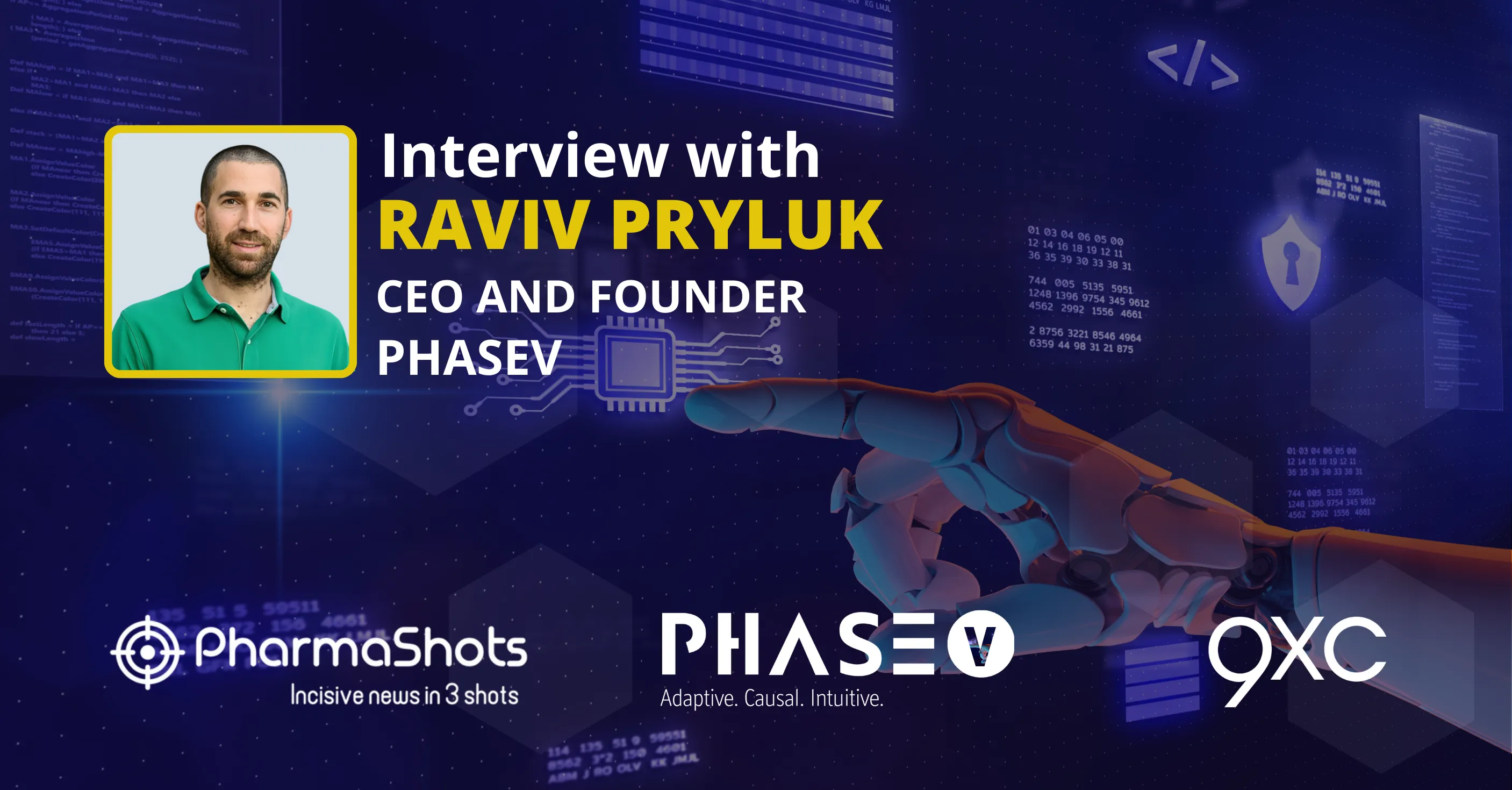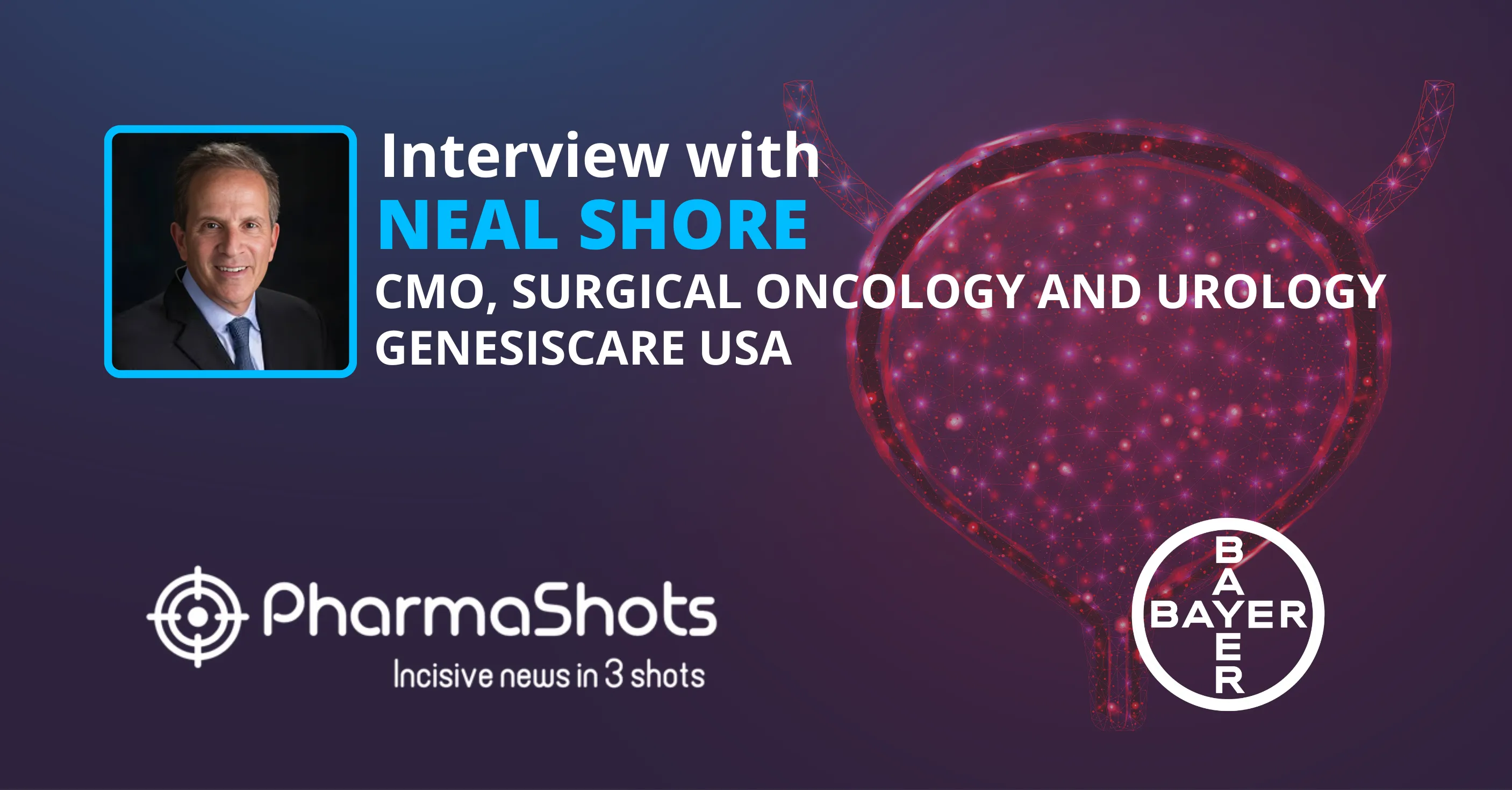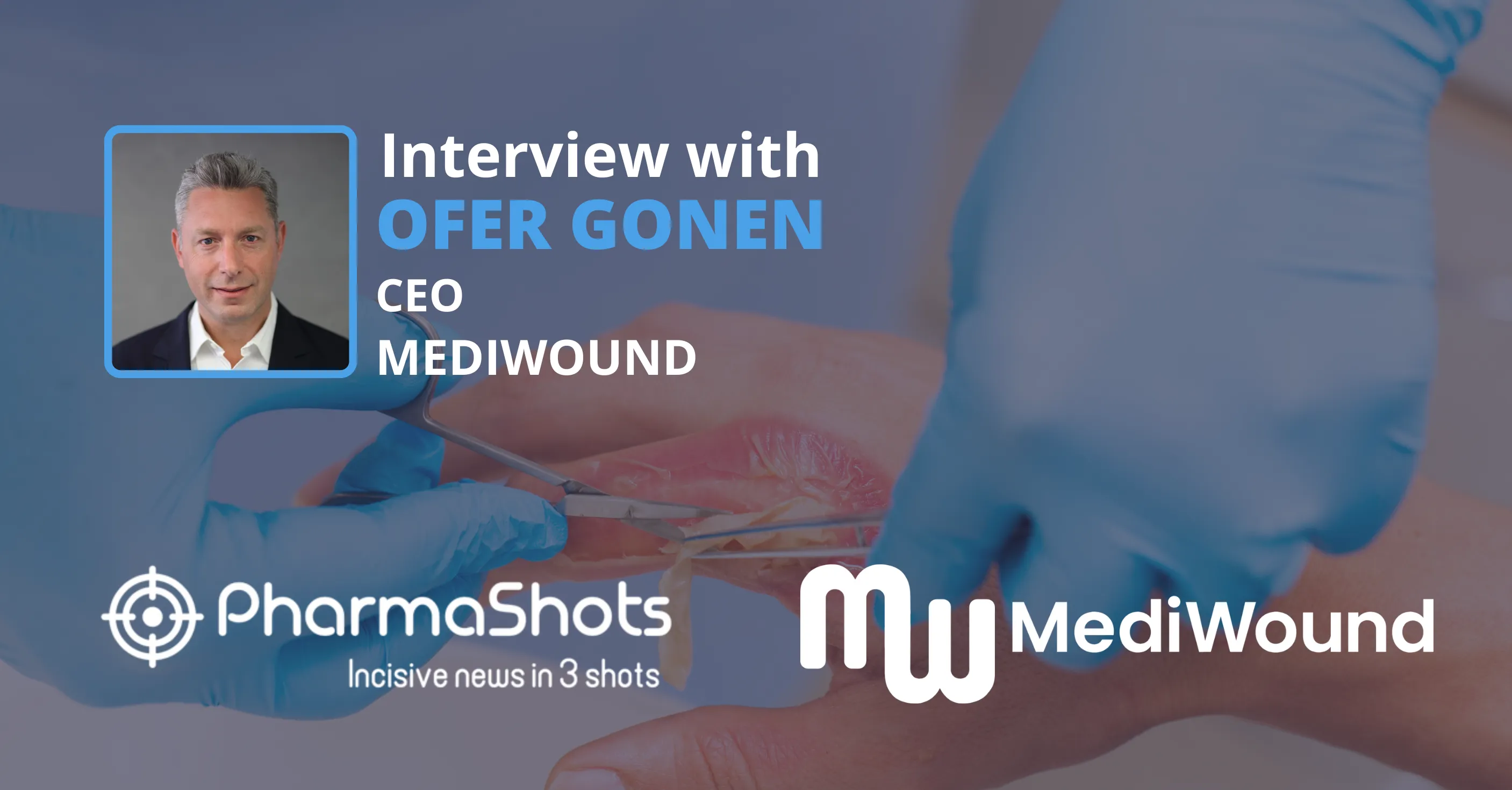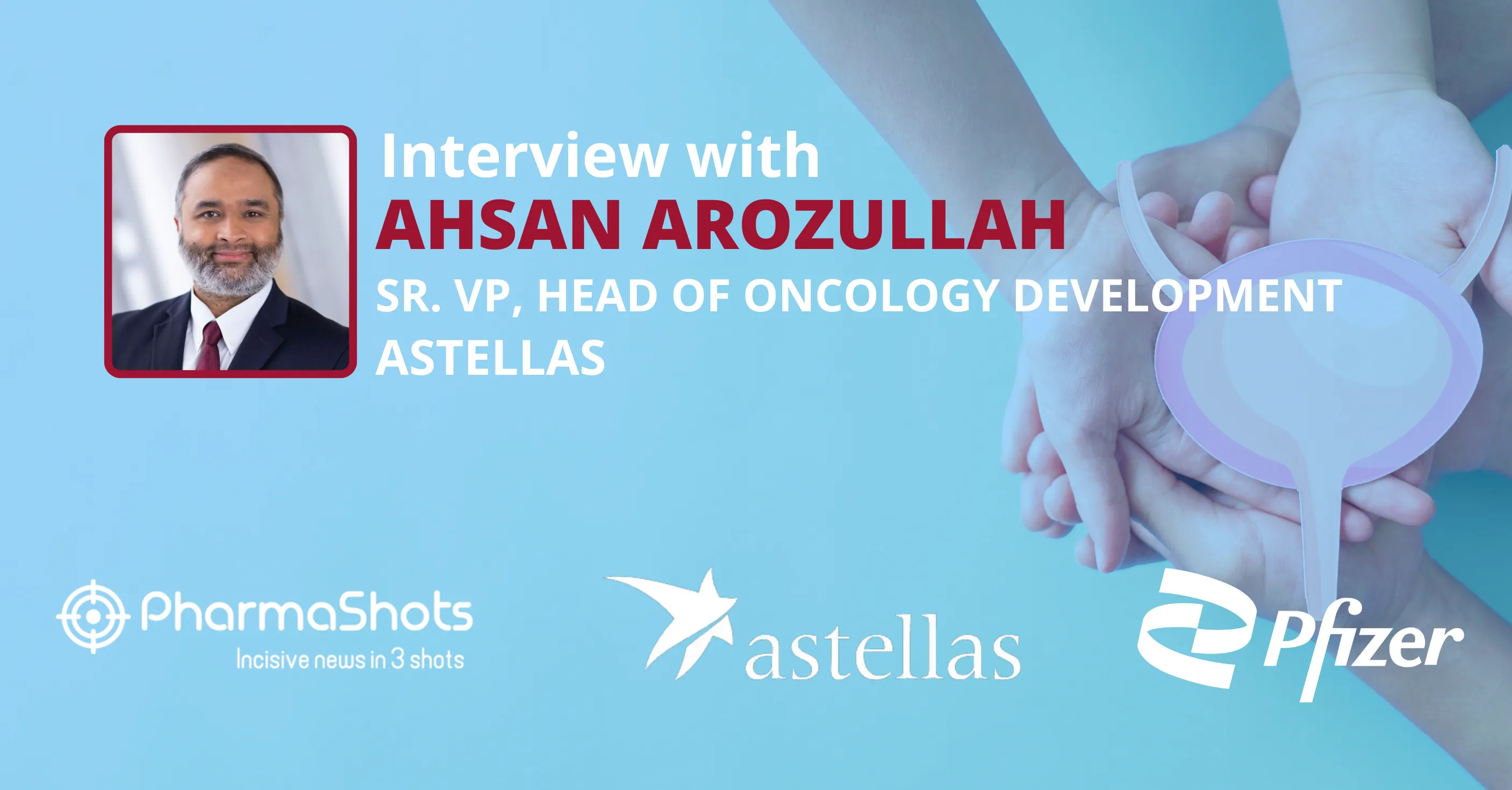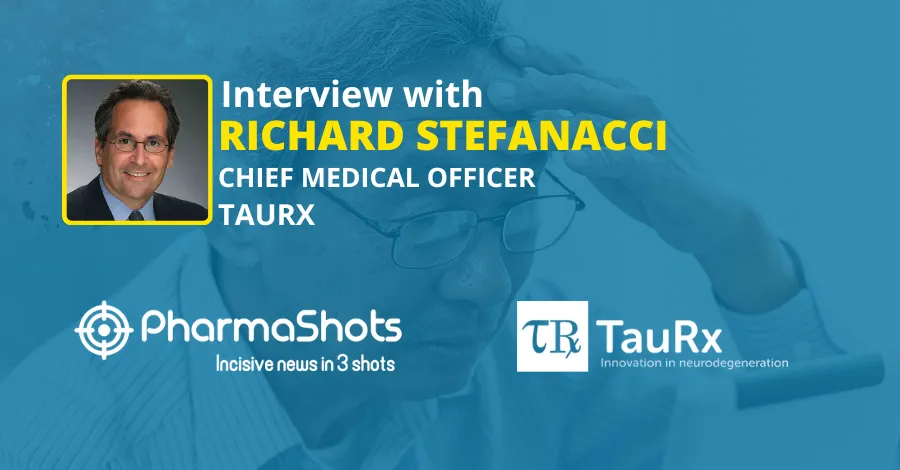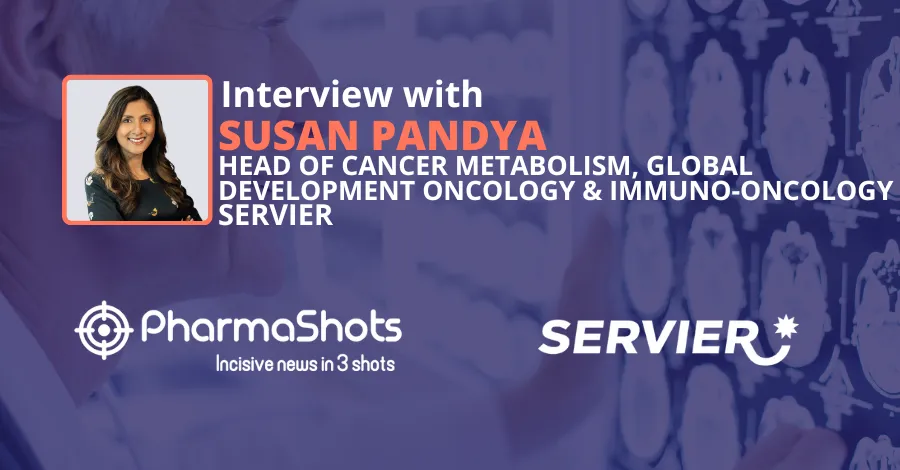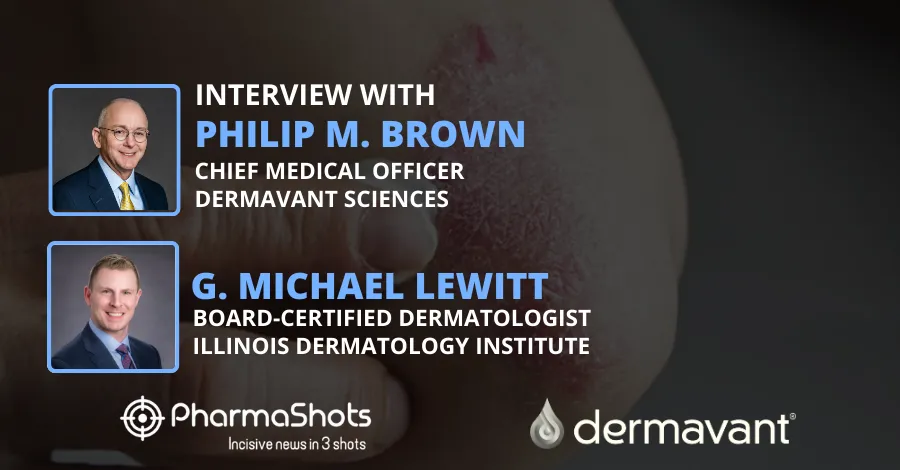
PharmaShots Interview: Dr. Ahmet Sezer, Karl Lewis, and Regeneron's Israel Lowy Share Insights on Libtayo (cemiplimab) for NSCLC & BCC
In an interview with PharmaShots, Dr. Ahmet Sezer, (Professor in the Department of Medical Oncology at Baskent University), Karl Lewis (Professor in the Division of Medical Oncology at the University of Colorado) and Israel Lowy (Senior Vice President, Translational and Clinical Sciences, Oncology at Regeneron) shared their views on the EC's approval of Libtayo for the treatment of NSCLC and BCC
Shots:
- The approval is based on the P-III EMPOWER-Lung 1 trial for advanced NSCLC & P-II trial for LA BCC or mBCC evaluating Libtayo in 710 & 119 patients
- The results from the P-III trial showed an improvement in OS, 32% reduction in risk of death; mOS (22 vs 14mos.); 74% of patients join Libtayo following disease progression on CT. The prespecified analysis was performed in 563 patients with PD-L1 expression of =50% & showed a 43% reduction in risk of death
- The P-II study showed that the patients treated with advanced or m-BCC showed median follow-up (16 & 9mos.); ORR (32% & 29%), DOR (= 6 mos.) in ~ 90% of patients across both groups & m-DOR has not been reached
Tuba: Discuss the clinical data supporting the approval of Libtayo in NSCLC and advanced BCC.
Ahmet Sezer: The European Commission (EC) approval of Libtayo gives physicians a valuable new treatment option for patients with first-line locally advanced or metastatic non-small cell lung cancer (NSCLC) with high PD-L1 expression and no EGFR, ALK, or ROS1 aberrations, and who are not candidates for definitive chemoradiation. The approval is based on data from the global Phase 3 EMPOWER-Lung 1 trial, one of the largest for a PD-1 inhibitor in advanced NSCLC, which investigated Libtayo as monotherapy in comparison with platinum-based doublet chemotherapy.
In the trial, Libtayo reduced the risk of death by 32% among all trial patients and 43% in those with proven PD-L1 expression of at least 50%. This was achieved with a greater than 70% crossover rate to Libtayo following disease progression on chemotherapy. Additionally, the trial enrolled patients with a variety of disease characteristics that physicians treat in everyday clinical practice, but which are frequently underrepresented in advanced NSCLC trials. In the trial, 12% of trial patients had pretreated and clinically stable brain metastases and 16% had locally advanced NSCLC and were not candidates for definitive chemoradiation.
Safety was assessed in 697 patients, with a duration of exposure of 27 weeks (range: 9 days to 115 weeks) for the Libtayo group and 18 weeks (range: 18 days to 87 weeks) for the chemotherapy group. Serious adverse reactions (AEs) in at least 2% of patients were pneumonia (5% Libtayo, 6% chemotherapy) and pneumonitis (2% Libtayo, 0% chemotherapy). Treatment was permanently discontinued due to AEs in 6% of Libtayo patients; AEs resulting in permanent discontinuation in at least 2 patients were pneumonitis, pneumonia, ischemic stroke, and increased aspartate aminotransferase. No new Libtayo safety signals were observed.
Karl Lewis, M.D., Professor in the Division of Medical Oncology at the University of Colorado
In the European Union, Libtayo is the first immunotherapy indicated for patients with locally advanced or metastatic basal cell carcinoma who have progressed on or are intolerant to a hedgehog pathway inhibitor (HHI). The EC approval is based on data from the largest prospective clinical trial in these patients to date. Patients receiving Libtayo who had locally advanced BCC demonstrated an objective response rate (ORR) of 32%, and patients with metastatic BCC demonstrated an ORR of 29%. In addition, approximately 90% of patients across both groups had a duration of response (DOR) of 6 months or longer per Kaplan Meier estimates, and the median DOR had not been reached for either group as of the last data cutoff date.
Safety was assessed in 816 patients across all four Libtayo monotherapy pivotal trials in its approved indications. AEs were serious in 30% of patients and led to permanent discontinuation in 8% of patients. Immune-related adverse reactions occurred in 22% of patients and led to permanent discontinuation in 4% of patients. The most common immune-related adverse reactions were hypothyroidism (8%), hyperthyroidism (3%), pneumonitis (3%), hepatitis (2%), colitis (2%), and immune-related skin adverse reactions (2%).
Discuss the epidemiology of basal cell carcinoma (BCC) and its global distribution?
Karl: BCC is the most common type of skin cancer worldwide, representing up to 80% of non-melanoma skin cancers, and the incidence is increasing across many European countries. While the large majority of BCCs are caught early and easily cured with surgery and/or radiation, a small proportion of cases can develop into advanced BCC, which becomes more difficult to treat.
Tuba: What does these approvals mean to the therapy as well as the companies?
Israel: The extensive clinical program for Libtayo is focused on difficult-to-treat cancers. With these two additional approvals, we are now able to offer a new treatment option for appropriate European patients with advanced NSCLC per the approved indication, and potentially transform treatment for European patients whose advanced BCC has progressed despite HHI treatment.
Tuba: After NSCLC, BCC and CSCC, is there any other indication in which the company is planning the approval of Libtayo in the EU?
Israel: Our Phase 3 trials for Libtayo as monotherapy in second-line cervical cancer and Libtayo in combination with chemotherapy in advanced NSCLC were both stopped early for significant improvements in overall survival. Given these positive results, we are planning regulatory submissions for these clinical settings in the EU and U.S. These potential uses are investigational, and their safety and efficacy have not been evaluated by any regulatory authority.
Tuba: Do you think these approvals strengthen Regeneron and Sanofi's position in the EU?
Israel: Since its initial EC approval, Libtayo has redefined the standard of care for patients with advanced cutaneous squamous cell carcinoma (CSCC). Now Libtayo has the opportunity to make a meaningful difference for appropriate patients with advanced NSCLC and advanced BCC, per their approved indications.
Tuba: What are companies upcoming plans with regards to Libtayo?
Israel: In addition to our planned regulatory submissions, Libtayo is also being investigated in combination with either conventional and/or a variety of novel therapeutic approaches that are planned to target complementary mechanisms of action to PD-1 blockade for many other solid tumors and blood cancers. These potential uses are investigational, and their safety and efficacy have not been evaluated by any regulatory authority.
Tuba: In comparison with established competitors such as Keytruda, Opdivo, Tecentriq, Imfinzi, how does Libtayo distinguish itself in the oncology space?
Israel: Both Regeneron and Sanofi are committed to advancing treatment for patients with difficult-to-treat cancers. In the EU, Libtayo is the first PD-1 to be approved as monotherapy for patients with inoperable locally advanced NSCLC who are ineligible for definitive chemoradiation, in addition to metastatic NSCLC. In the EU, Libtayo is also the first immunotherapy indicated for patients with locally advanced or metastatic BCC following HHI therapy, as well as those with locally advanced or metastatic CSCC who are not candidates for curative surgery or curative radiation.
Source: Healthline
About Author:

Ahmet Sezer is a Professor in the Department of Medical Oncology at Baskent University in Adana, Turkey. He specializes in the treatment of patients with lung cancer, including NSCLC. Dr. Sezer is a member of the American Society of Clinical Oncology and the European Society of Medical Oncology

Karl Lewis, M.D, Professor in the Division of Medical Oncology at the University of Colorado. He received his medical degree from Albany Medical College and experienced between 11-20 years. He is an oncologist in Aurora, Colorado

Israel Lowy is a Senior Vice President, Translational and Clinical Sciences, Oncology at Regeneron. He received his AB in Biochemical Sciences from Princeton University and his MD-PhD in Biochemistry and Molecular Biophysics from Columbia University.
Tags

This content piece was prepared by our former Senior Editor. She had expertise in life science research and was an avid reader. For any query reach out to us at connect@pharmashots.com



